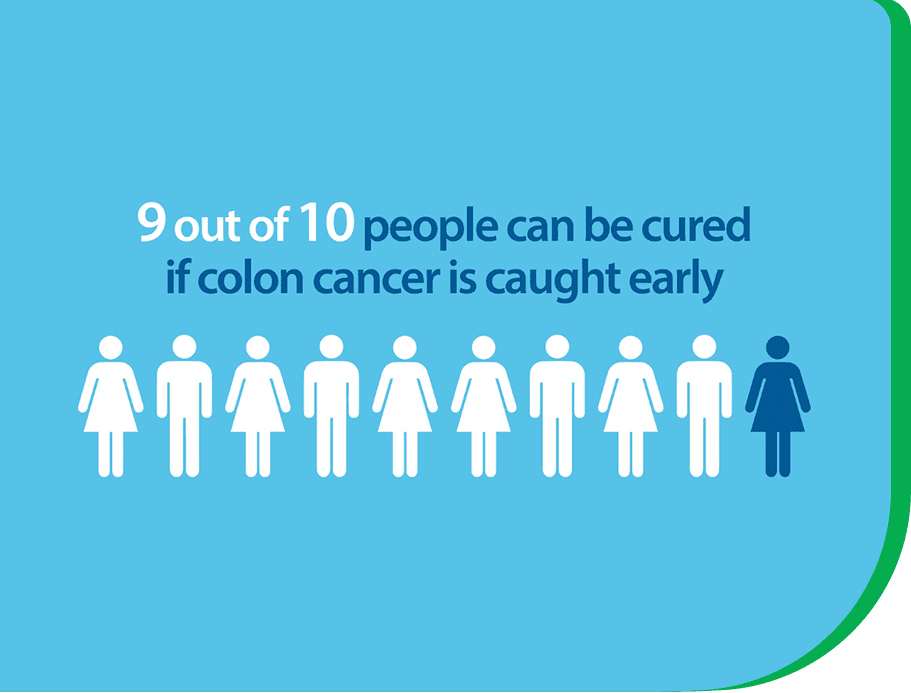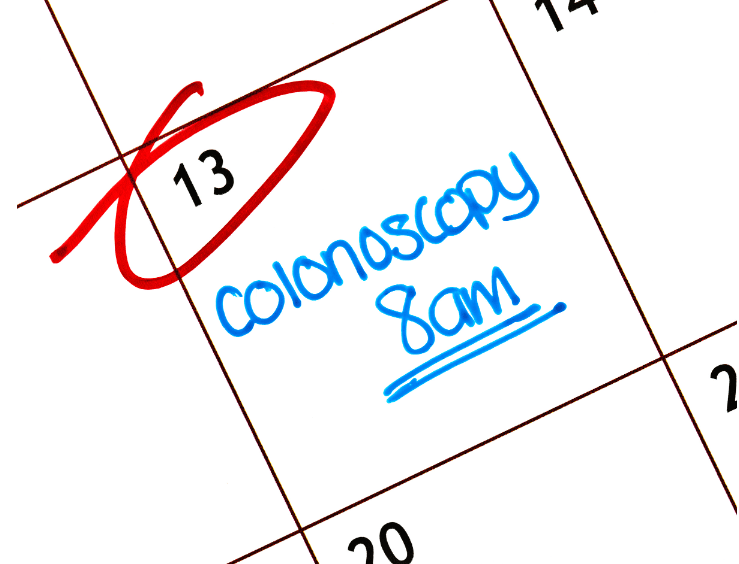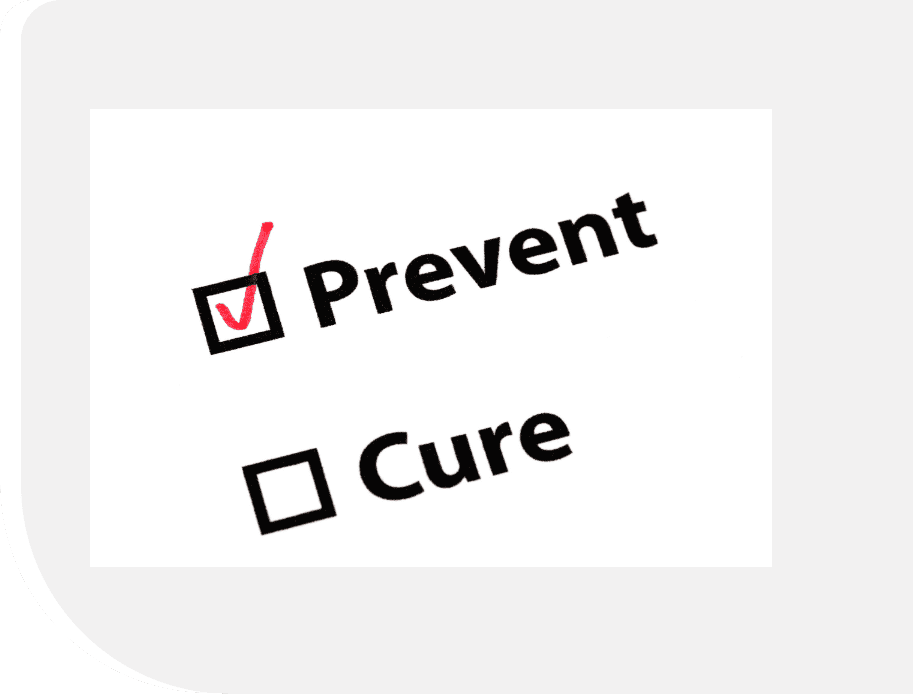
Colorectal Cancer Screening for Early Detection
The colon and rectum are part of your digestive system. Cancer can happen in any part of your colon or rectum. This may be called “colorectal cancer” or “bowel cancer”.
When colorectal cancer is caught early, 9 out of 10 people can be cured. Getting screened for colorectal cancer helps to find cancer early when it is more likely to be cured.
Colorectal Cancer Screening for People with an Average Risk (No family history of colorectal cancer)
If you are between 50 to 74 years of age, use a FIT kit to test for colorectal cancer every 2 years. The FIT kit is an easy at-home stool (poop) test used to check for signs of colorectal cancer. The test only takes a few minutes. You can eat, drink, and take your medications as usual before and after the test.
Ask your family doctor or nurse practitioner to have a FIT kit mailed to your home.
Call 811 to request a FIT kit if you do not have a family doctor or nurse practitioner.
Watch this video to learn how easy it is to get screened for colorectal cancer with the FIT kit.
You will receive a letter from Cancer Care Ontario with your FIT kit result. A "positive" result does not mean you have cancer. Ask your family doctor or nurse practitioner about further testing with a colonoscopy.

Colorectal Cancer Screening for People with an Increased Risk (family history of colorectal cancer)
You have an increased risk of colorectal cancer if an immediate family member (mother, father, brother, sister, or child) had or has colorectal cancer. Talk to your family doctor or nurse practitioner about your family's history of any cancer.
Your family doctor or nurse practitioner should refer you for a screening test called a colonoscopy. You need to have your first colonoscopy at age 50 or 10 years earlier than the age your family member was diagnosed with colorectal cancer, whichever comes first. You should have a colonoscopy every 5 to 10 years. This depends on your family history and the results of your previous colonoscopies.
What You Can Do To Reduce Your Risk of Colorectal Cancer
Limit the amount of alcohol you drink: If you regularly have 2 or more alcoholic drinks a day you increase your risk of getting colorectal cancer by 20%.
Do not smoke: Smoking can cause many types of cancer and other diseases. There is no safe amount of smoking.
Limit how much processed and red meats you eat: Eating more than 100 grams of red meat (about the size of a deck of cards) or 50 grams of processed meat a day increases your risk of colorectal cancer by 20%.
Eat foods high in fibre: A high-fibre diet may help lower your risk of colorectal cancer. Fibre helps keep the colon healthy by speeding up the removal of stool (poop) from your body. You can get fibre from whole grains, vegetables and some fruit.
Maintain a healthy body weight: A high body weight can increase your risk of some cancers. Working towards or keeping your best body weight can improve your overall health and reduce your cancer risk.
Be physically active: Low levels of physical activity may increase your risk of some cancer. People of all body weights can benefit from physical activity. Physical activity has many health benefits, even without weight loss. Be physically active for at least 20 to 30 minutes each day, if possible. You can do this by completing 10 minutes of activity at a time.
Check if you are at high risk: Your family history of cancer increases your risk of developing colorectal cancer. Genetic testing can tell if you have genetic changes (mutations) that increase your risk of certain cancers, like colorectal cancer. Some rare genetic conditions are strongly related to colorectal cancer. Ask your family doctor or nurse practitioner if you would benefit from a genetic assessment.

